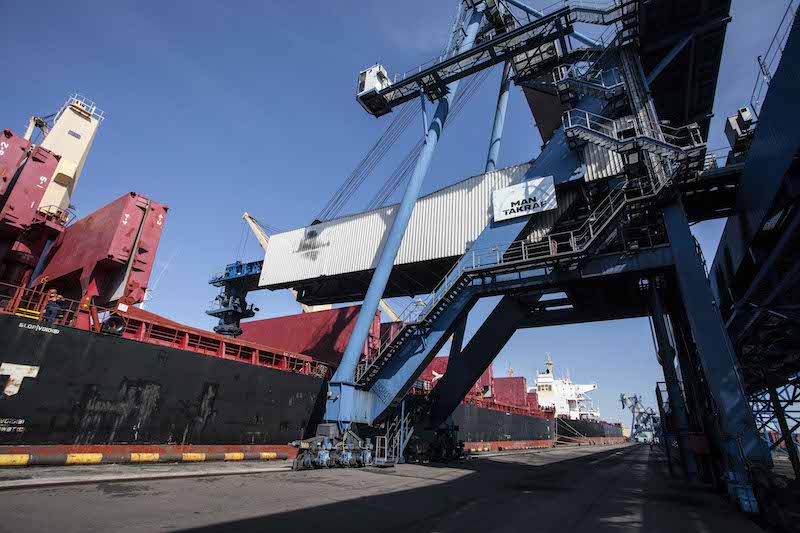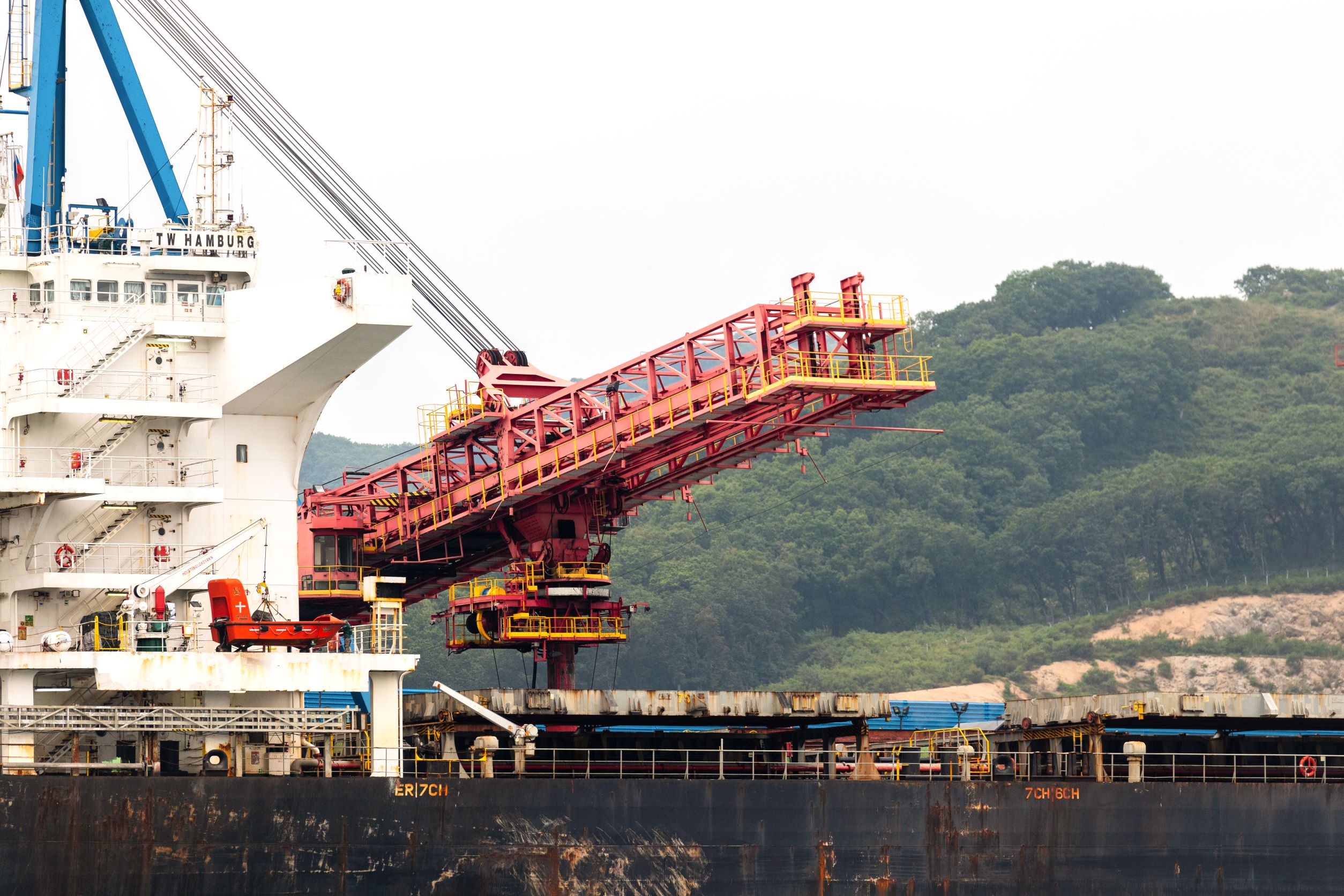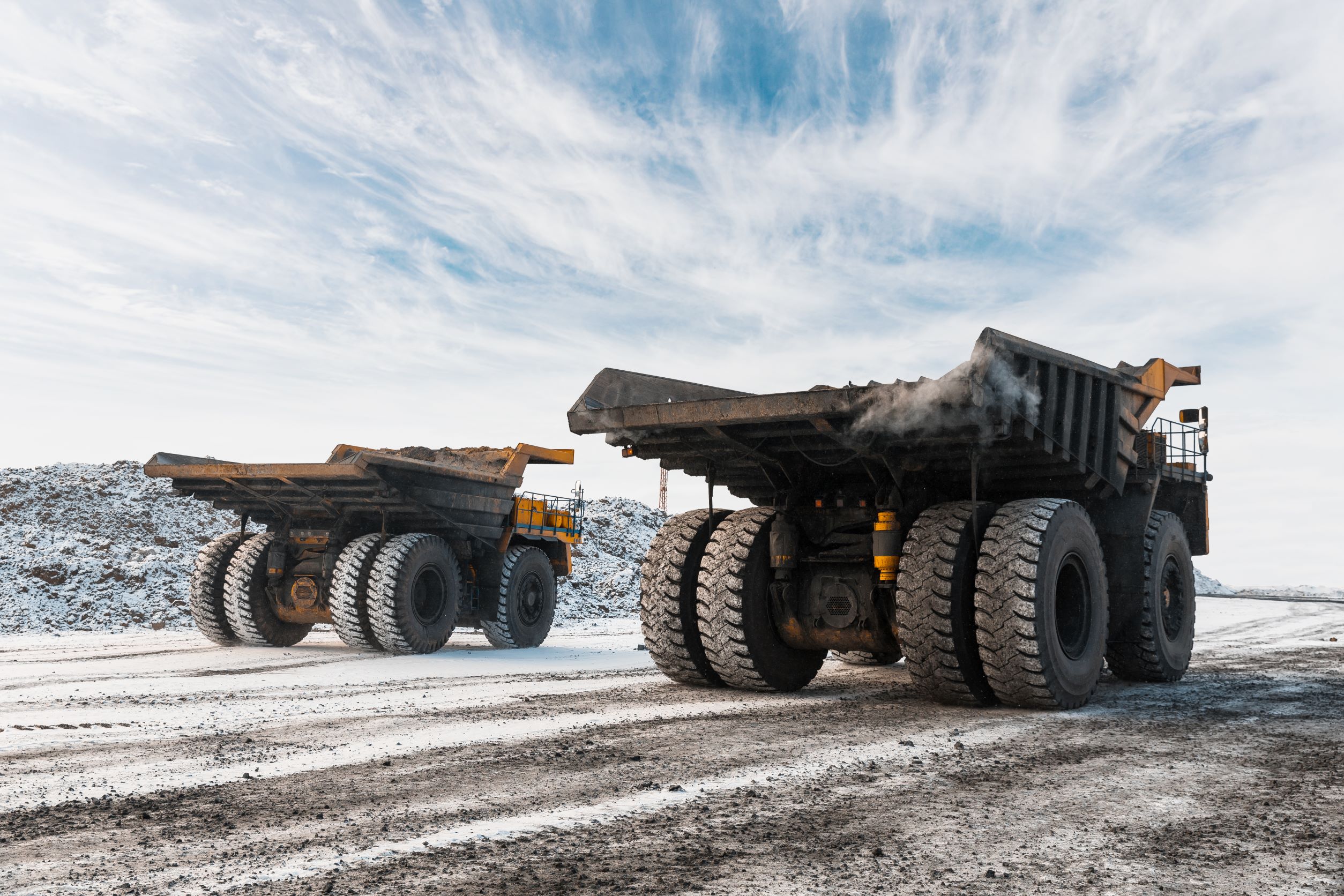
Despite low temperatures in Europe and surge in TTF gas prices to 18.1 EUR/MWh (+1.8 EUR/MWh or +11% to March 03, 2021) European coal indices dipped to 66-66.5 USD/t. Increase in carbon prices, as speculators bet on demand from industrial buyers for the pollution rights, dragged down the coal prices.
In addition, hike in wind output in some European countries to 1585 GWh/t (+907 GWh/t or +161% to March 03, 2021) reduced the share of coal generation in the power mix. ARA coal stocks fell to almost 5-year lows of 3.8 mio t (-0.1 mio t or -2% to March 03, 2021).
On March 03, 2021, the European Parliament endorsed the creation of a carbon border charge that would shield EU companies against cheaper imports from countries with weaker climate policies. This non-binding vote is seen as the implementation of the Green deal – an agreement of European countries, according to which the bloc aims to achieve carbon neutrality by 2050.
Heightened trading activity of Indian cement manufacturers, willing to restock in the run-up to the monsoon season, supports the price of high calorific South African material in the range of 92-93 USD/t. Richards Bay coal stocks were down to 3.3 mio t (-0.2 mio t to March 03, 2021).
Drop off in Indian demand for imported coal decreased total Richards Bay coal exports in February 2021 to 4.7 mio t (-0.8 mio t or -15% to March 03, 2021). At the same time, recovery in demand from Pakistani enterprises boosted coal imports to 1.2 mio t in February (+0.4 mio t or +45% to February 2020).
South African coal producer African Rainbow Minerals Cool (ARM Cool) suffered a loss of 14.3 mio USD owing to 6 months of restrictions related to Covid-19 pandemic in the country. Weak demand from South Africa’s main power generation company Eskom negatively impacted ARM Coal’s earnings. ARM Coal is a joint venture of African Rainbow Minerals and Glencore. The company owns a stake in several large coal projects in South Africa.
Australian thermal coal prices are flat in the range of 92-93 USD/t amid the slowdown in the trading activity of Chinese market participants. Chinese companies maintain a wait-and-see attitude since the main political conference in the country is underway (March 04-11, 2021).
During the back-to-back meetings of two of China’s major political bodies – the Chinese People’s Political Consultative Conference (CPPCC) and the National People’s Congress (NPC) key political and economic issues of China are discussed. In 2021, the main issue on the agenda is the 14th five-year economic development plan, according to which the annual volume of coal production in China should not exceed 4.1 billion t by the end of 2025. By 2060, China plans to achieve carbon neutrality.
As the main political event in China is underway, the wait-and-see attitude and low demand of Chinese companies for Indonesian coal reduced Indonesian coal prices to 72-73 USD/t.
Weaker demand of steel mills in the Asia-Pacific region for coking coal amid the downturn in steel prices diminished Australian coking coal quotes.
Japanese company Nippon Steel reached an agreement with an Australian mining company for the price of semi-soft coking coal in the first quarter of 2021 (Q1’2021) at 92 USD/t FOB (+5.5 USD/t compared to the fourth quarter of 2020).
Australian coal producer Foxleigh agreed with Japanese steel company Nippon Steel and South Korean company POSCO on the price of PCI coal in the first quarter of 2021 (Q1’2021) at 101 USD/t FOB (+4 USD/t compared to the fourth quarter of 2020).
Source: CAA Analytics
[tfws username=”CAA_Analytics” height=”700″ width=”350″ theme=”light” color=”#FAB81E” tweets=”2″ header=”yes” footer=”yes” borders=”yes” scrollbar=”yes” background=”yes”]



